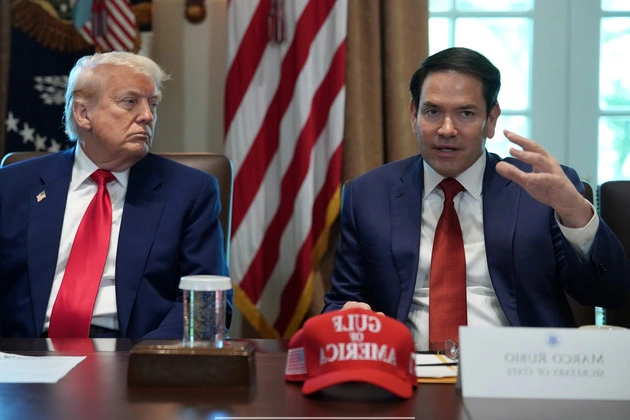
Introduction to the Chinese Student Visa Crackdown
President Donald Trump’s administration has recently implemented a stringent crackdown on Chinese student visas, citing concerns about national security and Chinese influence in U.S. institutions. This policy shift has significant implications for both international students and bilateral relations between the U.S. and China.
Policy Background and Development
Trump’s campaign promise to restrict visas for individuals from China with ties to the Communist Party laid the groundwork for this policy. Over the years, efforts to curtail China-funded programs on U.S. campuses and prosecute Chinese researchers have gained momentum, culminating in the recent decision to revoke student visas.
Implementation and Impact
The recent policy announcement has sparked debates about the potential consequences for the 277,000 Chinese students studying in the U.S. The focus is on individuals linked to the Chinese Communist Party and those engaged in sensitive fields. The move has raised tensions between the two countries, with China condemning the decision as unreasonable and damaging to cultural exchanges.
Broader Implications and Future Steps
Experts view the visa revocations as the initial phase of a broader strategy to limit Chinese influence in the U.S. Some anticipate further measures targeting university funding and international student enrollment. Policymakers emphasize the need to balance security concerns with maintaining an open environment for legitimate academic exchange.
Conclusion
The Trump administration’s crackdown on Chinese student visas reflects a growing focus on safeguarding national interests and countering foreign influence in critical sectors. As the policy unfolds, its impact on educational institutions, diplomatic relations, and security dynamics will continue to evolve.











